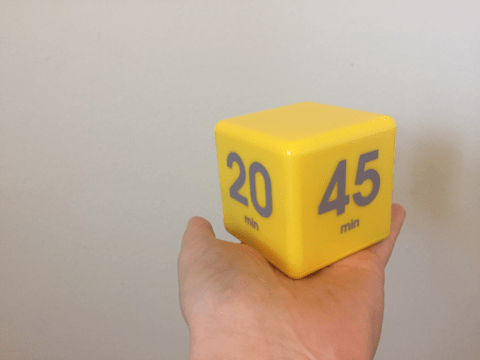Talking and Doing Social Justice: Broadening my Horizons at the IWCA Conference
Last month, my fellow Arts First peer tutors and I travelled to Baltimore to host a roundtable discussion at the annual conference for the International Writing Centre Association. Our presentation was on “Embodied Multiversalism in WC Staff: Fear vs Fundamental Duty to Social Justice”. We discussed our experiences navigating the often exclusionary world of academia, and considered how tutors can best support the students who come for writing assistance.



